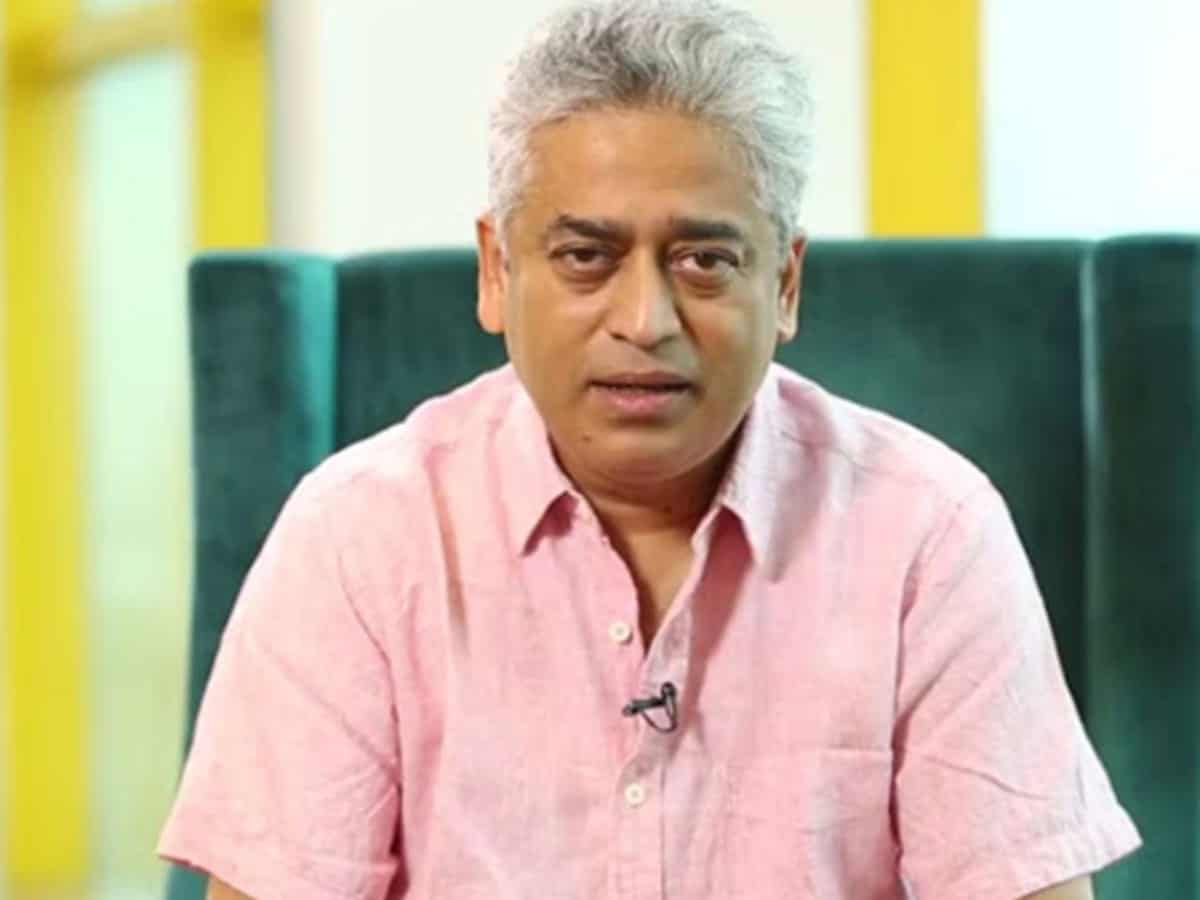Rajdeep Sardesai, passes his judgement on Amit shah, on his Youtube channel Straight Bat. He regards Shah as the second most powerful man of India after PM Modi who has created fear in many hearts. But he states that being powerful is not sufficient in front of social media. Rajdeep Sardesai is an Indian news anchor and author.
When Amit Shah disappeared for about two months during the lockdown many questions were raised about his health. He was forced to issue clarification with regards to his health that all was well. He appeared in public again and started addressing rallies and giving interviews. He closely monitored the Rajya Sabha elections, especially in his home state Gujarat and BJP ruled state Manipur. He became the Big Boss of Delhi and administered its fight against Covid.
Sardesai said, during the lockdown, not only the country was locked down but also its politics. The return of Shah has unlocked the politics. He further adds, the nervous opposition has resorted to venting out on Twitter and not raise voice against issues of vital concern.
Since the Parliament cannot meet, the Prime Minister has held almost half a dozen online video conferences. But these meetings cannot substitute the open arguments that take place in the Parliament. Sardesai points out how other Covid affected countries have focused on their parliament discussions while in India, political discussion has been put on a standstill, ignoring any kind of allegations from the public or the oppositional parties. This allows the government to be ambiguous and it is also not possible to hold them accountable which, according to Sardesai, is dangerous for the country. The result is evident to us; uncertainty about the Sino-Indian border on one hand, and on the other hand, blaming the state governments for dislocation of lakhs of migrants, inadequate health infrastructure and failure to contain Covid.
There are many other questions unanswered, which Sardesai points out for example, the whereabouts of the money donated to PM Cares; hike in petrol and diesel prices; no explanation or proof for Safoora Zargar being held as a conspirator. “If one raises these questions,” Sardesai exclaims, “God forbid you will be called antinational or perhaps charged with sedition in this ominous scenario of unbridled state power”.
He states that Amit Shah has kept ongoing political provocation like no other politician and he has done so by scraping off Article 370 in Jammu and Kashmir, accelerating CAA and keeping the Ram Mandir agenda hot. “He is a ruthless and sharp politician who has engineered mass defections in my home state of Goa” retorts Sardesai.
In the process of toppling the Congress in Madhya Pradesh and now in Gujarat, Mr. Shah, according to Sardesai, has become “a political figure to fear and admire”. He blames the government for focusing on the political management amidst a pandemic. Now that elections are going to be held in Bihar, PM Modi refers to Chath Pooja in his address which shows what is going on in his mind. He will also need Amit Shah’s election management skills for this. In preparation for the Bengal elections next year, Amit Shah has already attacked Mamata Banerjee, accusing her of failing the fight against Covid, Shah is ready for the match.
Sardesai points out that Amits Shah’s personality is that of a “combative leader”; he is always ready to fight. While the truth is, in times of a pandemic, a home minister is required to work along with the state governments, support them and have a good balance between the centre and the state. He says, even the National Disaster Management gives power to the home ministry to act in a health emergency. Such situations call for cooperation, not competition; it requires a change in style. On the contrary, it is uncertain whether a change is possible in a leader like Amit Shah. We can see the government playing politics and wanting to rule through fear and intimidation.
According to Sardesai, Shah is running the Covid fight through dictatorship, without any discussions with the state governments, the result of which is obvious – one-sided decisions are made one day and have to be changed the other day. He gives the example of how a hasty medical decision was made to admit all those affected with Covid. This had to be reversed immediately when home quarantine was being suggested all over the world in order to avoid loading the health infrastructure.
Sardesai further emphasizes that this is a time when one must put all personal egos aside and work for the greater good. Although Amit Shah has been a divisive figure throughout his political career, he needs to become a unifying force in order to heal the trauma that the country has faced so far.
He also points out how uncertain Indian politics is. At the beginning of the year, there was bitter campaigning between Arvind Kejriwal and Amit Shah. Now the tables have turned as both of them sit together among other masked men, creating joint Covid care centres. “This is what a pandemic does” proclaims Sardesai.


